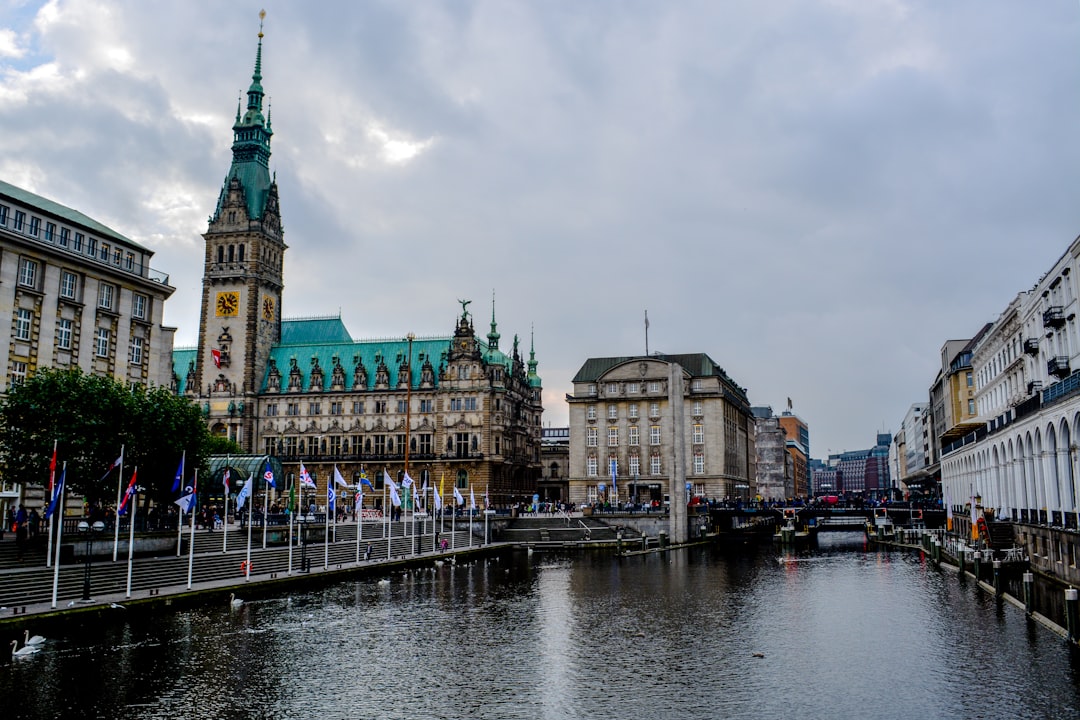The mystery €200,000 in cash
The Chancellor and the tax fraud scandal...
Dear Reader,
In follow up to the newsletter from last week on droughts and wildfires, I found this article from public broadcaster MDR, which discusses a “theory” that has apparently become popular in east Germany - that the real cause of the current drought is wind farms, whose blades push the clouds away. Spoiler alert: the wind farms ain’t what did it.
Regards,
Jörg Luyken

Background
It sounds like the script to a Sunday night ARD thriller.
German prosecutors, while looking into a Hamburg bank caught in a tax fraud scam, found €200,000 in cash in a PO Box belonging to a senior member of the Social Democrats.
In 2016 the owner of the PO Box helped facilitate a meeting between the bank’s CEO and the then mayor of Hamburg, a certain Olaf Scholz (Social Democrats). At the meeting, the CEO reportedly tried to convince Scholz that his bank shouldn’t have to pay back the money that it had unlawfully gained during the so-called Cum-Ex scandal. Weeks later, the Hamburg financial authority unexpectedly dropped a demand for €47 million in tax repayments.
A year after that, two subsidiaries of the bank - a family owned business called MM Warburg - donated roughly €40,000 to the Social Democrats in Hamburg Mitte.
Who was head of the Social Democrats in Hamburg Mitte at the time? A certain Johannes Kahrs - the same man who kept €200,000 in cash in a PO Box and who facilitated the meeting with Scholz.
All just a string of coincidences?
Prosecutors evidently see enough inconsistencies to believe the matter needs further investigation. They are probing Kahrs as well as two Hamburg bureaucrats on suspicion of assisting in tax fraud.
Now, the case is getting uncomfortably close to Scholz. Several newspapers reported last week that the investigators had searched the Chancellor’s email account from his time as Hamburg mayor.
Scholz, as is his way, is remaining taciturn.
When a journalist asked on Thursday what he knew about the €200,000, Scholz replied with one word. “Nothing.” When another journo followed up, an irritated Scholz replied that the media had been trying for years to tie him to the affair but “there is not a single indication of influence by policymakers in what was decided by the (Hamburg) financial administration.”
What has the reaction been?
“There is no hard evidence, Scholz is right about that. But there is plenty of circumstantial evidence and pieces of the puzzle,” Spiegel magazine writes. The magazine has seen the prosecutors’ report on Scholz’ emails - the investigators noted that meetings relating to the Warburg bank are missing from his diary. There were similar holes in the email archives of other senior figures at Hamburg city hall. The prosecutors’ conclusion: “There are indications here of targeted deletions.”
That’s not the only strange part of this story. The bureaucrat who was responsible for dropping the tax demand messaged a friend immediately afterwards to tell her that her “devilish plan” had worked. “Is this how an official who is reviewing a tax case without any ulterior motives writes,” Spiegel asks.
On the political level, Scholz has followed a clever strategy when it comes to the Warburg bank, writes Robin Alexander in Die Welt. He has just decided to ignore it. “That worked during last years’ election campaign because the Cum-Ex transactions were too complicated for voters to understand.”
But the mystery money in Kahr’s post box has turned this into a story every voter knows from Sunday night television, Alexander continues. “Now the SPD leadership - and Scholz - need to dedicate themselves to clarifying this affair. But, so far, it doesn't look like that's going to happen.”
What next?
Scholz is set for a grilling when he appears in front of the parliamentary committee set up to look into the affair later this week.
This isn’t the first time that he’s been called before the committee - on the last occasion he said he couldn’t remember his conversations with the Warburg CEO. But that classic political response might not cut it this time.
The opposition CDU smell blood and are demanding that Scholz rack his brains.
“The whole thing stinks,” Thorsten Frei, a senior member of the CDU, told Bild newspaper. "Sooner or later, the public will find out whether the Warburg Bank's generous donations to the Hamburg SPD and the tax dodges are connected.”



Thanks for a great article. A broader question on possible corruption in politics in Germany - it seems that overall, there seems to be less public accountability (via parliamentary inquires and the like) for these kinds of incidents - as evinced by the distinict lack of accountability for the Wirecard scandal.
Has the level of accountability for political corruption decreased since reunification, or was there simply never much accountability to begin with?